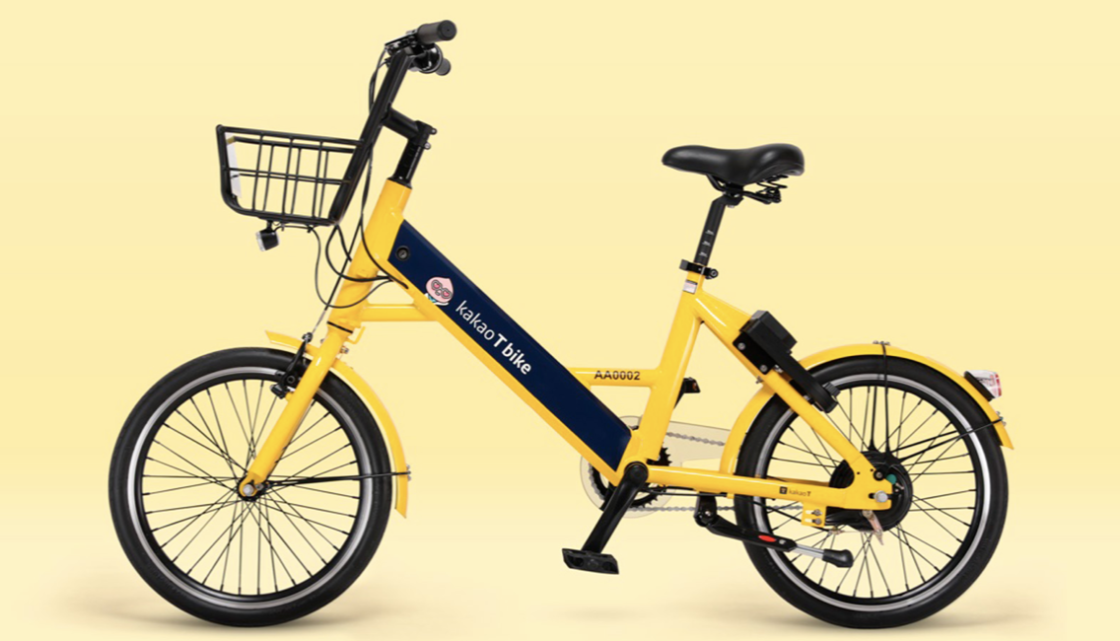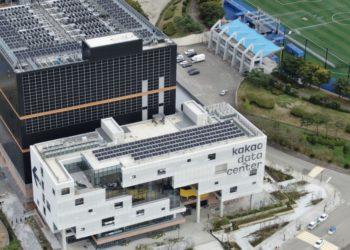Kakao Mobility will begin the pilot service of Kakao T Bike, a short-distance transportation service. The T Bike can be used in areas difficult to travel by cars and not accessible by public transportation. It will be launched in collaboration with Yeonsu District in Incheon and Seongnam in Gyeonggi Province, on Wednesday.
Unlike ordinary bicycles, the Kakao T Bike is powered by a motor that transmits power to the wheels when the motor is pressed, making it available with less power. In addition, it is designed to be easy to move to the destination because it is free to rent and return since it has no separate stand.
The pilot service will be conducted in Seongnam in Gyeonggi Province and Yeonsu District in Incheon, with 600 units and 400 units, respectively, a total of 1,000 units. Kakao Mobility is negotiating with various local governments to expand the service area in time for official release in the second half of this year and plans to expand the number of electric bicycles to over 3,000 units.
The Kakao T Bike consists of 24-inch and 20-inch electric bicycles made by Samchuly Bike and Altonsports that signed a business agreement in December last year. It was produced in accordance with the government norms to operate a bicycle on roads, and it has also fulfilled safety reports.
The user can check the location of the electric bicycle in the Kakao T app, authenticate it with the QR code or serial number attached to the bicycle, and then move it to your destination. There is no restriction on the time of use, and if the lock is locked after use, the bicycle will be terminated. Charges are automatically paid.
The service charge is 1,000 won (US$1) for the first 15 minutes and 500 won for the next five minutes. The deposit of 10,000 won (US$10) must be paid in advance and the deposit can be refunded at any time the user wishes.
Kakao Mobility is planning to run a regional operation team that is exclusively responsible for managing electric bicycles, repairing them, and relocating them to provide stable services.
“As the variety of types of lifestyle increase, demands for mobile means are becoming more detailed,” said Chung Joo-hwan, CEO of Kakao Mobility.







